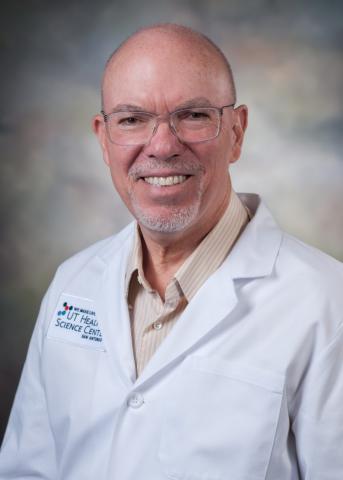Dr. James Nelson Elected As Vice President of The Gerontological Society of America

 Dr. James Nelson has been elected Vice President of The Gerontological Society of America. He will assume his role starting January 1, 2022 and then serve as President in 2023.
Dr. James Nelson has been elected Vice President of The Gerontological Society of America. He will assume his role starting January 1, 2022 and then serve as President in 2023.
The Gerontological Society of America (GSA) is the nation’s oldest and largest interdisciplinary organization devoted to research, education, and practice in the field of aging. The principal mission of the Society — and its 5,500+ members — is to advance the study of aging and disseminate information among scientists, decision makers, and the general public. GSA’s structure also includes a policy institute, the National Academy on an Aging Society.
Dr. Nelson is a professor in the Department of Cellular and Integrative Physiology/Barshop Institute for Longevity and Aging Studies and is the Director of the Biology of Aging discipline the IBMS Graduate Program.
His research aims to understand the causes of aging, using nutritional and pharmacologic interventions that extend rodent lifespan as probes. His laboratory discovered dramatic genetic variation in the lifespan response to dietary restriction, including a life-shortening effect in some genotypes. These findings provide a new way of identifying the genes and mechanisms whereby dietary restriction and other interventions affect aging. For example, his group found that maintenance–not reduction–of adiposity was a strong correlate of lifespan extension, whereas inability to maintain fat reserves was a risk factor for life-shortening by dietary restriction. His research also focuses on the role of endocrine systems in aging, such as the roles of hyperadrenocorticism and insulin signaling in the life-extending effect of dietary restriction. The NIA-funded Interventions Testing Program in which he participates has discovered lifespan- and health span-extending effects of several compounds with potential clinical application, including rapamycin, an FDA-approved inhibitor of mTOR signaling. His most recent work focuses in understanding why women live longer and are more resilient than men, using a genetically heterogeneous mouse model his lab discovered shows the same pattern of higher male mortality seen in humans.
